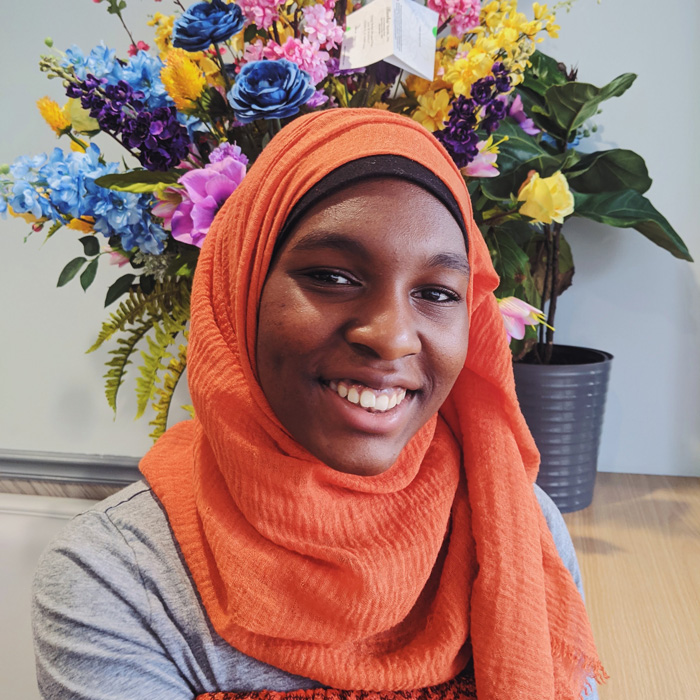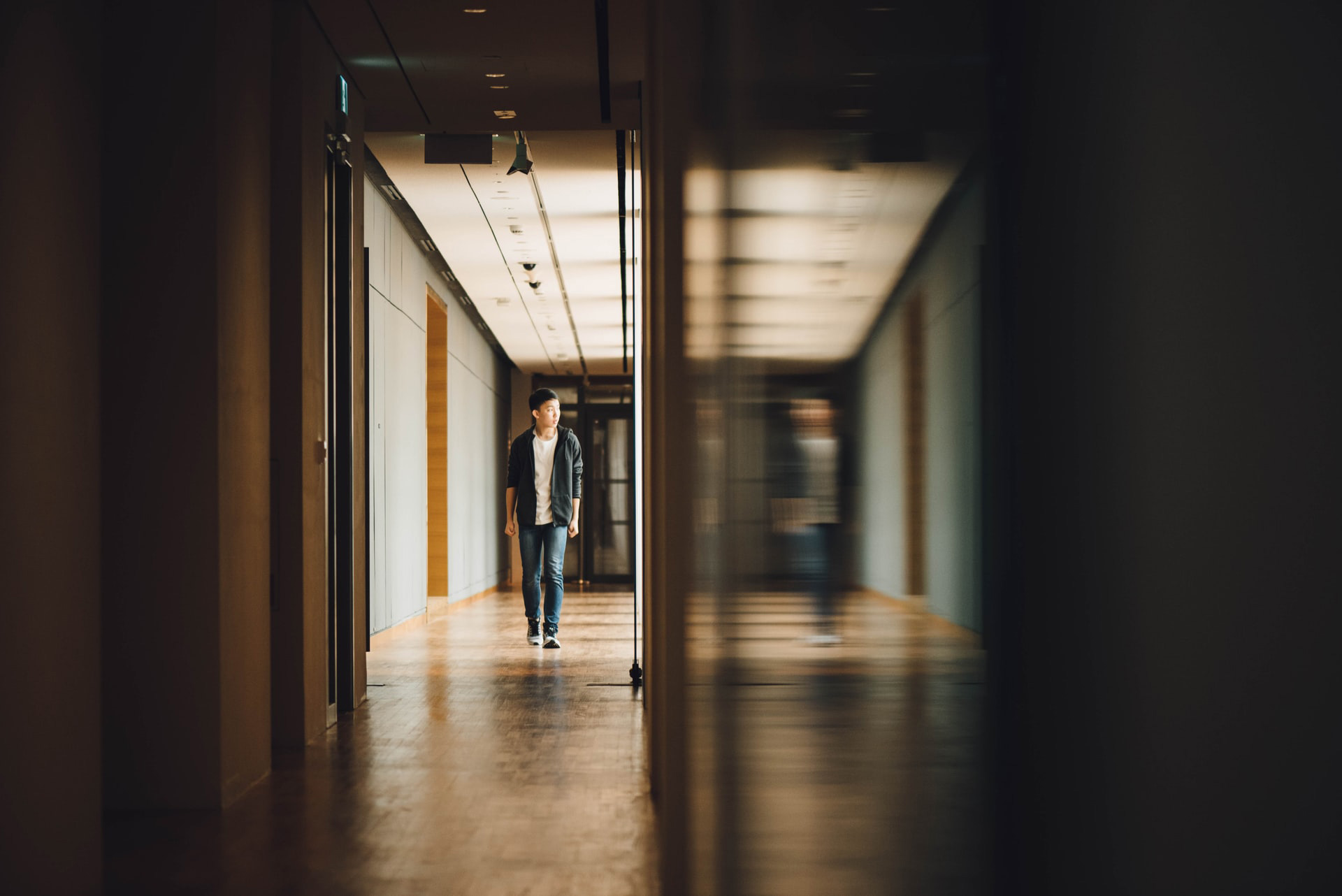by Rasheedah Na’Allah
They might seem inconsequential, but standing up against these small acts can have a big impact.
We all know that memories hold a strong significance in our lives. Whether it is an ‘A’ on a test, the first time you drove a car, or the family pet you got during a holiday, memories can help you cherish and hold the past dear. But what many of us avoid are the memories that traumatize us. As a Black Muslim girl, I have scarring memories and experiences that could have been avoided if the perpetrators involved educated themselves and reflected on how their words and delivery affect others. These incidents are called microaggressions.
A 2019 study at St. Olaf University defines the term microaggression as “a minor but frequent (often unconscious) interaction and incident that denigrates and invalidates people of certain social groups, such as a store owner following a customer of color around their shop, a teacher giving a Black student unsolicited extra help, or even someone assuming an Asian person can help solve a math or science question.” Microaggressions may seem minuscule to onlookers and perpetrators, but they often leave long-lasting effects on the victim. In elementary school, I remember wondering why I was the only student being told to be less aggressive when I voiced my opinion, or when the zero-tolerance policy only applied to the Black kids in the class. Because I was little, I did not know that these strange but recurring incidents were connected to a bigger issue. But I knew exactly how they made me feel: troublesome and inferior. The treatment I received had nothing to do with me and everything to do with the adults projecting their bias onto their students, especially ones of color. A 2013 research report conducted by University at North Carolina at Charlotte stated that “Although microaggressions are often unconscious, they may lead to mental health problems, including depression, anxiety, trauma, or issues with self-esteem.” All of these health issues and power dynamics underscore a need for change.
No student should ever be on the receiving end of microaggressions. School comes with many stressors and responsibilities, so for a student to have to carry the additional weight of implicit bias, their learning is strained. It is important that us youth watch out for signs of microaggression and stand up for victims subjected to it. And it’s important that teachers take responsibility for not only the academic, but also the mental, emotional, and social wellbeing of their students. They need to be aware of the struggle their students face and actively fight against it. Classes should assign guidelines for addressing microaggressions, and schools should foster an environment where students feel comfortable telling their stories without feeling judged or gaslighted. Holding our educators accountable can make a world of a difference. If we all work together, students and teachers alike will enjoy a more welcoming environment that does not shy away from accountability but instead embraces it. If needs are met, equity will be a closer reach for all.
About Rasheedah Na’Allah

Rasheedah Na’Allah is a senior at Dunlap High School in Peoria, Illinois. She is the youngest of her 3 siblings and enjoys the benefits of being the “baby of the house.” Her Nigerian and Muslim upbringing has led her to be resilient and outspoken in her beliefs. Rasheedah is a dedicated student who is a part of the National Honors Society and loves to be active in her community. She planned a diversity assembly at her school in front of the entire student body, formed an extensive research project on racial disparities and inequities in the education system, and has been appointed into the Peoria County Board’s Racial Justice and Equity Commission. She has also served as Dunlap’s representative to engage and network with young state leaders attending the 2020 Illinois Senator Youth Leadership Council. Rasheedah is the founder of her school’s Muslim Student Association, leads in foreign language club, and is a strong member of the color guard team. Outside of school, she enjoys volunteering and regularly posts on her cooking page through social media. She started her own book club and enjoys reading and discussing books by BIPOC authors. She hopes to pursue Business, Health, and Wellness during her college years and is extremely honored to write for the Giving Voice Initiative.

